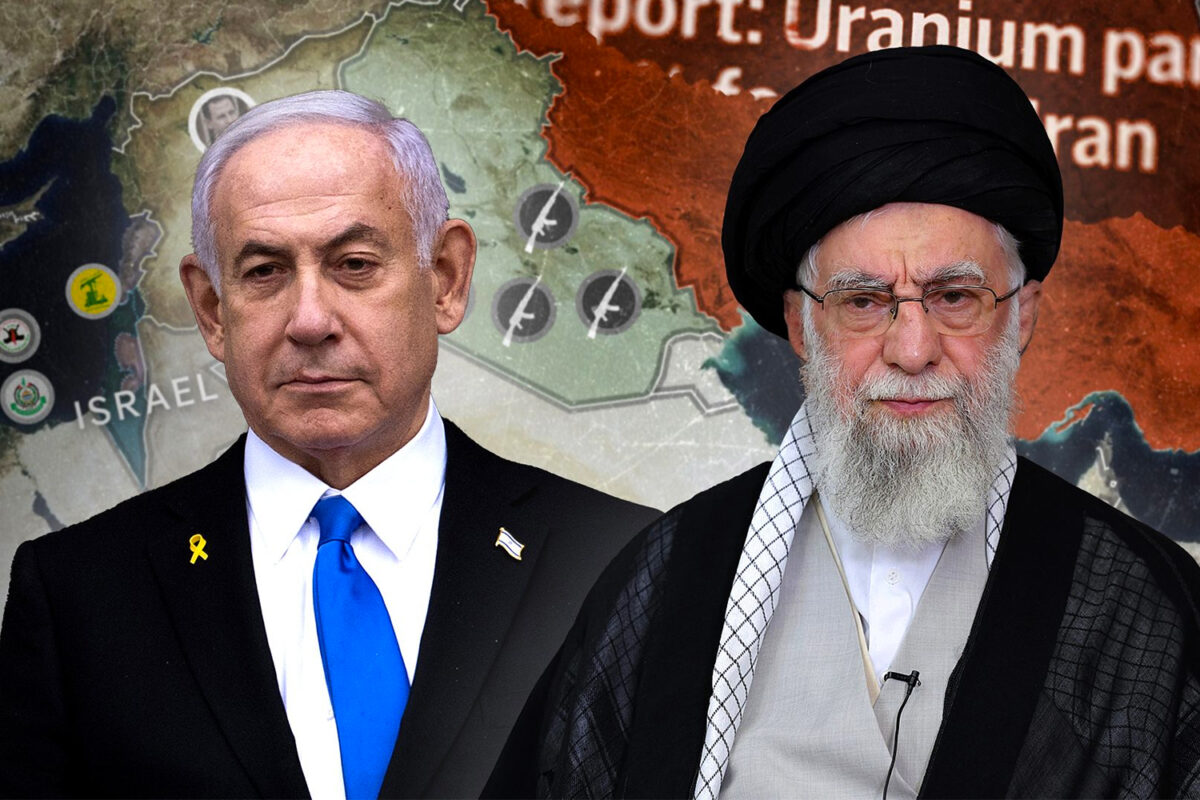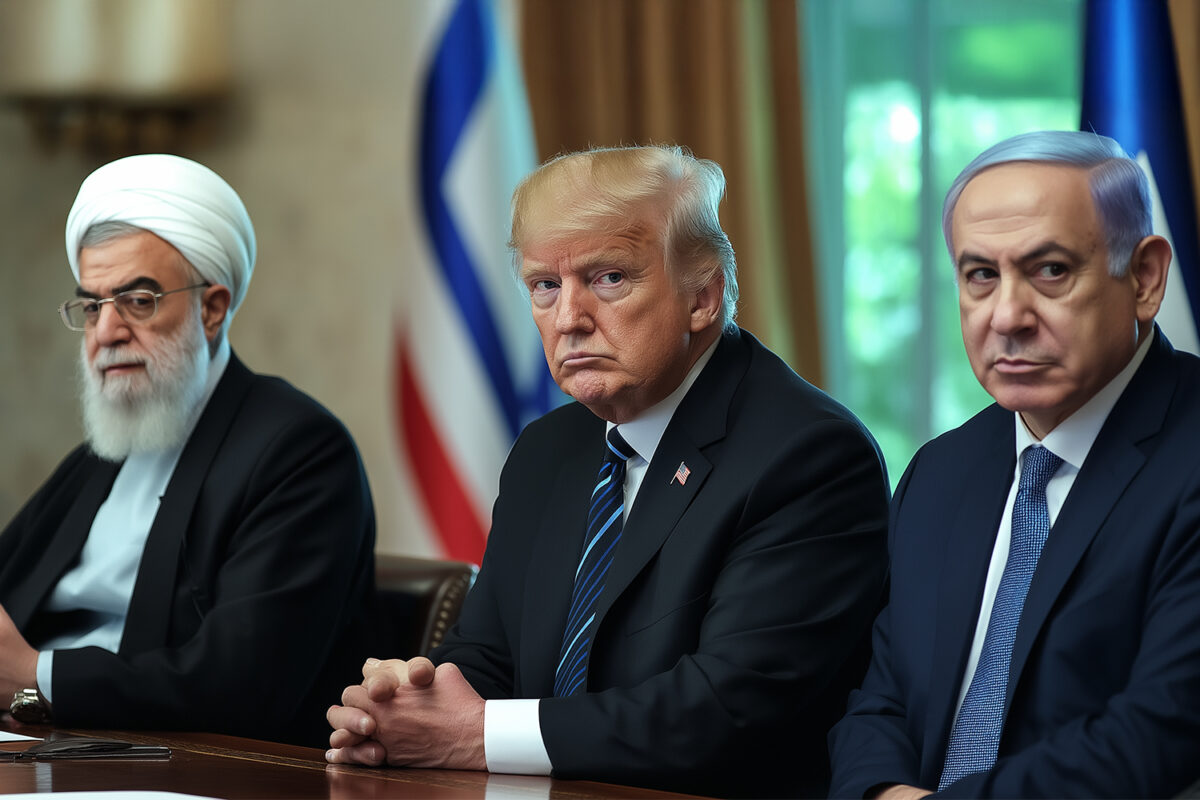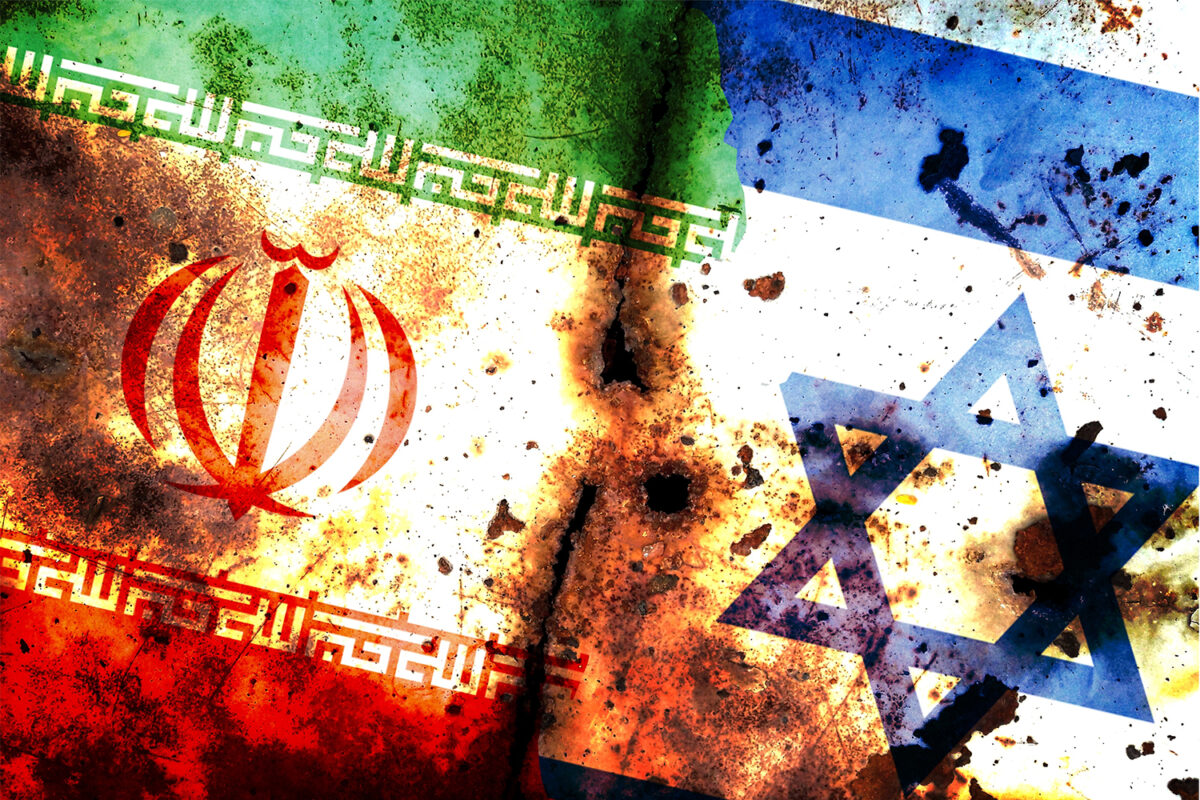Two weeks have passed since the Chinese brokered agreement between Iran and Saudi Arabia to normalise relations was made public in Beijing. The tripartite deal has gained significant media coverage as the two Middle East rivals, who for decades have had bitter relations, plan to reopen embassies and continue talks to deepen relations. Some have called the deal a new order in the region whilst others described it as the moment China eclipsed the US by creating a new geopolitical order. Whilst many have focussed on what the agreement means, its impact on the world raises more questions than answers. Under scrutiny the agreement is not as ground-breaking as many may believe.
The discussions between Saudi Arabia and Iran have been taking place for some time to normalise relations. Relations between both Iran and Saudi broke off in 2016 when Iranian protesters stormed the Saudi embassy in Iran after a prominent Shi’ah imam was hanged by Saudi Arabia. Then in 2019 relations got worse after Saudi Arabia blamed Iran for drone attacks on Saudi oil facilities. In return, Iran offered diplomatic talks to resume ties with Saudi Arabia, but Riyadh rejected this, noting deep security disagreements. That led Admiral Ali Shamkhani, the Secretary of Iran’s Supreme National Security Council (SNSC), to nominate Amir Saeed Iravani, then Shamkhani’s deputy and now Iran’s UN ambassador, as chief negotiator. The Saudis chose Khalid bin Ali al-Humaidan, director general of the kingdom’s General Intelligence Directorate. The two sides agreed that Iraq, under the leadership of then Prime Minister Mustafa al-Kadhimi, could serve as a facilitator.
Talks then slowed and nearly broke off as Kadhimi was replaced by a new Prime Minister in July 2022 who showed little interest in continuing Iraq’s role. Then in September 2022 protests erupted in Iran and this became Tehran’s focus. It was here Saudi Arabia asked China to assume a mediator role when President Xi Jinping visited Riyadh in December 2022. Xi conveyed Riyadh’s message to Tehran, which accepted the Chinese offer. US officials have now revealed the Saudis informed the White House that the Chinese government during President Xi Jinpin’s visit expressed confidence that it could get a deal that would constrain Iran’s actions in the region.
US officials have now revealed the Saudis informed the White House that the Chinese government during President Xi Jinpin’s visit expressed confidence that it could get a deal that would constrain Iran’s actions in the region
In February 2023 Iranian President Ebrahim Raisi visited China and met Xi and it was confirmed Iran found Saudi Arabia’s proposal for a resumption of ties acceptable. Saudi Arabia demanded assurances that Iran doesn’t interfere in the country’s internal matters and Iran demanded that Saudi Arabia stop funding a Persian language news channel and withdraw from Yemen. SNSC Secretary Shamkhani visited Beijing on the 5th of March to finalise the terms of the agreement in trilateral meetings with Chinese State Councillor and former Foreign Minister Wang Yi and Saudi National Security Advisor Musaed bin Mohammed al-Aiban. The agreement was then announced in a media briefing in Beijing on the 10th of March.
All the major powers in the world as well as the nations in the region reacted positively to the deal between Saudi and Iran. The only exception was Israel. The US gave its seal of approval to the agreement, which has surprised many. In a press conference during his visit to Ethiopia, Secretary of State Anthony Blinken remarked: “With regard to the agreement reached between Saudi Arabia and Iran with China’s involvement, from our perspective, anything that can help reduce tensions, avoid conflict, and curb in any way dangerous or destabilising actions by Iran is a good thing.”[1] The National Security Advisor, Jake Sullivan in a White House Press briefing on the 13th March gave an interesting insight: “We were in close touch with Saudi Arabia as they were approaching and engaging in those talks. And they were keeping us apprised of their progress along the way. So, from our perspective, even as we put a lot of muscle into — diplomatic muscle into trying to help promote de-escalation, as with the Yemen truce, having other countries like China promote de-escalation is not fundamentally averse to U.S. interests. Frankly, it’s, in a way, rowing in the same direction.”[2] US officials were involved in the talks and were kept abreast of progress from the Saudi’s. Whilst many have viewed the agreement as leaving the US behind in the region, the reality is the US indirectly was part of the talks and therefore the end product was something the US didn’t just agree with but it contributed to it. All of this means the US agreed with China’s role in mediating the talks. Whilst there has been a lot of media coverage of China’s role and many commenting that China is growing its influence in the Middle East, the US officials’ statements make clear that what China did is in line with US interests and that China, and the US are in agreement for this normalisation to take place amongst Saudi Arabia and Iran. The US didn’t see China as a threat in mediating this agreement and views the agreement within its goals and interests in the region.
The US didn’t see China as a threat in mediating this agreement and views the agreement within its goals and interests in the region
Israel’s Growing Problems
Israeli officials have spoken against the deal and remain the only nation that is critical of the deal. For decades Iran has been Israel’s enemy and both have been engaged in a shadow war. With Saudi Arabia, Israel has been building back channel relations. Normalising relations with Saudi and designating Iran as the enemy has for long been Israel’s position in the region. Any normalisation of relations between Saudi and Iran undermines this position and strengthens Iran against Israel. Immediately after the announcement in Beijing, Prime Minister Benjamin Netanyahu and opposition leader Yair Lapid were hurling accusations, blaming each other for this failure in “…allowing this to happen.”[3]
Netanyahu has made the threat posed by Tehran a public diplomacy priority and personal crusade. Netanyahu’s greatest foreign policy triumph remains the Abraham Accords under the Trump Administration in 2020 with Bahrain, the UAE, Morocco and Sudan. All of them normalised relations with Israel. Netanyahu saw the deal as isolating Iran and talks were on-going with Saudi to join the accords. Netanyahu portrayed himself as the only politician capable of protecting Israel from Tehran.
Ever since Netanyahu won the November 2023 elections and made a coalition government with Israel’s right-wing parties’ relations with the Biden administration have deteriorated. The Biden administration wanted to see a coalition government between Netanyahu and Naftali Bennett and Yair Lapidas, but Netanyahu sided with Israel’s right wing. This has resulted in an escalation in settlement activity and Netanyahu’s attempt to make changes to the power of the judiciary over the government. This saw a huge reaction from Israelis and Israeli institutions. Scenes never seen before in Israel took place with companies leaving the country and the military refusing to take orders from Netanyahu.
Talks of military strikes against Iran from the right-wing government in Tel Aviv have also grown and saw the Biden administration dispatch high level officials to Israel in order to discourage Netanyahu. Pentagon chief Lloyd Austin visited Israel for this purpose on the 9th of March, he criticised the Israeli leaders in a press conference: “The United States (remains) firmly opposed to any acts that could trigger more insecurity, including settlement expansion and inflammatory rhetoric. We’re especially disturbed by violence by settlers against Palestinians” Austin said.[4]
The agreement between Iran and Saudi mainly saw them agree to continue talks in the future on various issues between them. There are no strategic changes from this agreement, aside from continuing talks. There is no military or technological cooperation in the deal either between China and Iran and Saudi and therefore this agreement and China’s role does not change the balance of power in the region
US interests
The US is currently focused on Russia’s invasion of Ukraine and in the long-term on China. For this the US needs the other regions to be stable rather than there being tensions and instability. The Biden administration’s support of the deal between Iran and Saudi is to complicate Netanyahu’s attempts to launch a strike against Iran and force the hand of the Biden administration. By placing the Abraham accords in peril, with Saudi normalising relations with Iran this undermines Netanyahu and makes his position weaker in Israel and makes launching a strike without Saudi support unlikely now. For the US it supported this deal as it achieves its immediate interest of ensuring Netanyahu doesn’t launch strikes.
The agreement between Iran and Saudi mainly saw them agree to continue talks in the future on various issues between them. They agreed to reopen embassies. There are no strategic changes from this agreement, aside from continuing talks. There is no military or technological cooperation in the deal either between China and Iran and Saudi and therefore this agreement and China’s role does not change the balance of power in the region. China has, by bringing both Saudi and Iran together, brought a degree of stability to the region, which is what the US also wants in the region. The problem for China is the US has made it clear it views China as its main competitor and the US openly engages nations around China to contain her. China, rather than complicating America’s plans, has on this occasion in the Middle East aided her. For the moment this normalisation agreement is not a game changer, but a tactical act that serves various nations in dealing with immediate challenges. It is not the long term strategic game changer that many are describing it as.
[1] Secretary Antony J. Blinken at a Press Availability – United States Department of State
[3] What the Saudi-Iran deal means for Palestine, Israel, the U.S., and the Mideast – Mondoweiss
[4] Pentagon Chief Visits Israel Amid West Bank Violence, Anti-Netanyahu Protests (voanews.com)




